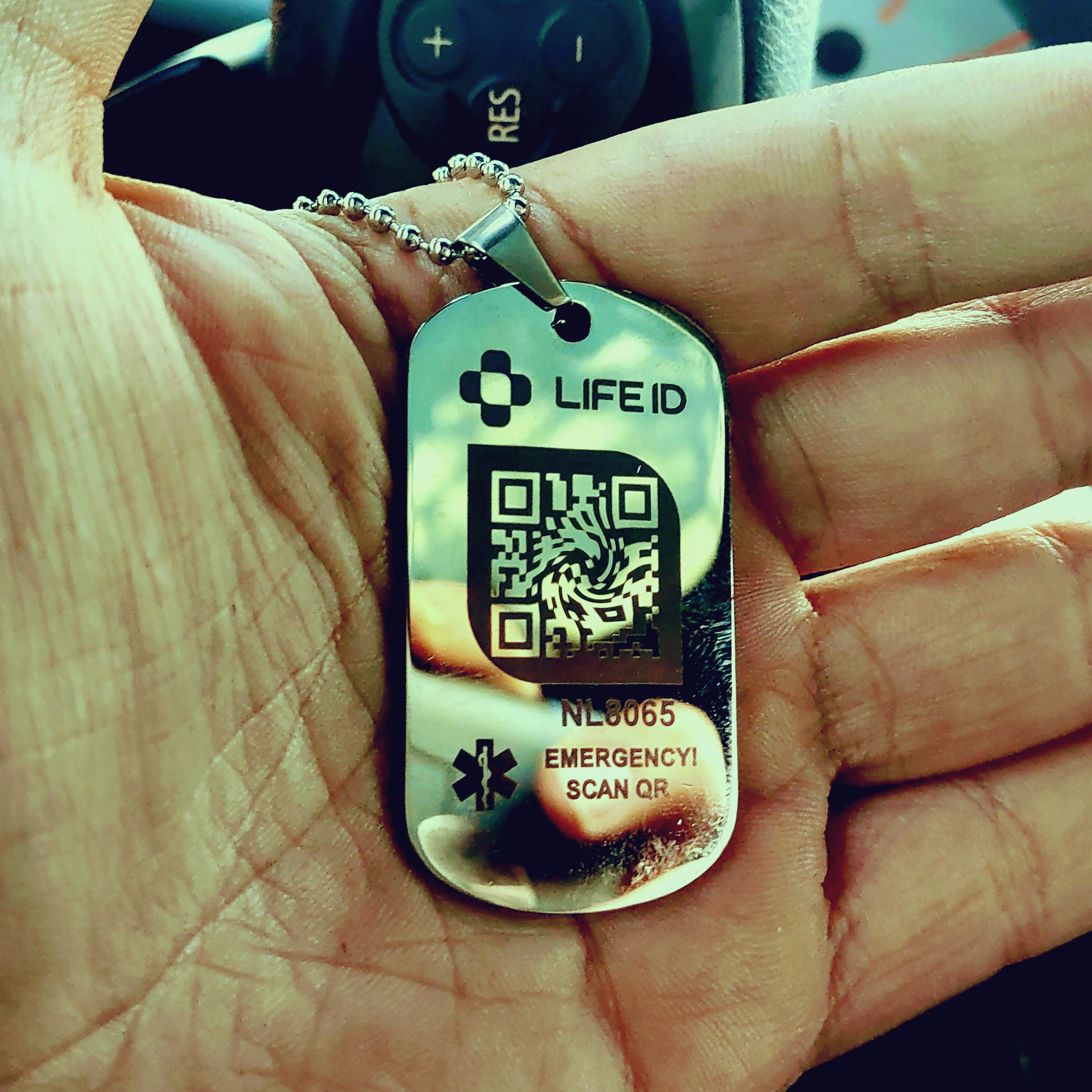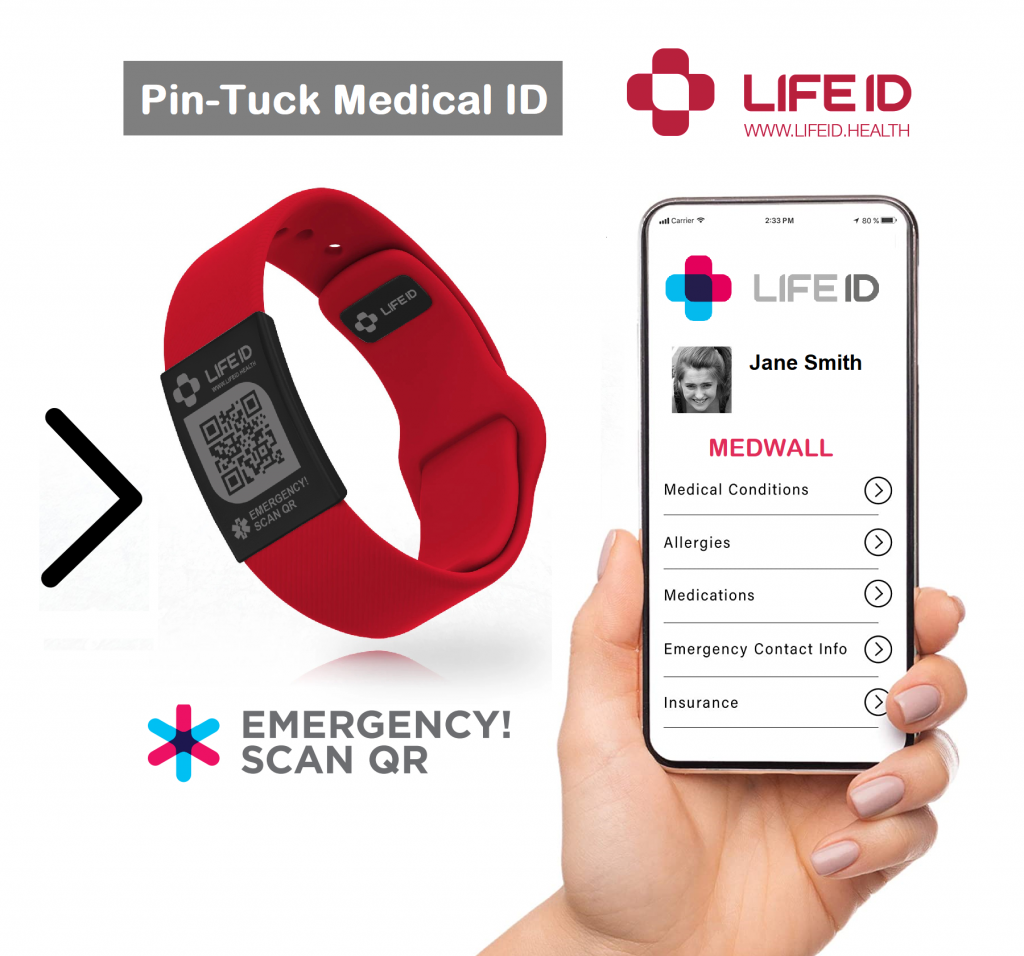
The signs of an eating disorder
There are numerous types of eating disorder, each of which has different signs and symptoms. Often, these disorders affect someone’s emotions, behavior, and physical health.
Some of the most common eating disorders, such as anorexia nervosa, can be related to body image and self-esteem. People with these disorders can be excessively concerned with losing weight or avoiding weight gain.
In some cases, the desire to control food intake may stem from the person feeling as though they do not have control over other aspects of their life.
Although people typically think of eating disorders as leading to dangerous weight loss, this is not always the case, and some people will have few obvious physical symptoms. People of all sizes can have eating disorders. For this reason, it is important to know all of the ways in which eating disorders can affect people.
This article looks at the potential signs of eating disorders and some of the related conditions. It also discusses how to find support.
What is an eating disorder?
Eating disorders are serious mental and physical health conditions associated with extreme changes to a person’s eating behavior. Despite the myths surrounding eating disorders, they can affect people of all ages, genders, races, ethnicities, and body shapes.
Some eating disorders affect a person’s feelings about food and its relationship to their body weight. These include:
- Anorexia nervosa: This disorder involves the intentional and severe restriction of food intake, a fear of gaining weight, or an extreme desire to lose weight.
- Bulimia nervosa: People with this condition can cycle between eating large quantities of food and purging, fasting, or overexercising to “compensate” for eating.
- Binge eating disorder: This condition causes someone to eat large quantities of food, often in a short space of time, when alone, or when not hungry. Afterward, people often feel disgusted by or ashamed of their behavior.
Some people exhibit signs of these disorders but do not meet the diagnostic criteria for them. In these cases, a person may receive a diagnosis of other specified feeding or eating disorder (OSFED) or unspecified feeding or eating disorder (UFED).
Other types of eating disorders stem more from physical issues or intellectual impairments. These include:
- Avoidant restrictive food intake disorder (ARFID): This condition involves calorie restriction due to a lack of interest in eating or a dislike of the sensory characteristics of food. It can occur at any age but is more common among children.
- Pica: Pica causes intense cravings for nonfood items, such as hair or sand. It occurs most often in pregnant people, children with nutritional deficiencies, and people with intellectual disabilities.
- Rumination disorder: This disorder involves regurgitating partially digested food, chewing it again, and then swallowing or spitting it out. It is an involuntary reaction that can develop after illness, injury, or psychological distress.
Behavioral signs of an eating disorder
The behavioral changes that eating disorders cause vary depending on the disorder. However, people may notice someone with one of these conditions:
- restricting their food intake severely
- refusing to eat certain foods or whole food groups, such as carbohydrates
- making dramatic changes to their diet to lose weight, such as following extreme diets
- having food rituals, such as excessive chewing
- talking a lot about the nutritional content of food
- saying that they feel or look fat
- cycling between eating a lot of food and eating very little
- visiting the bathroom immediately after meals on a frequent basis
- checking their appearance frequently for perceived physical flaws
- avoiding eating around others
Around the home, people may notice other potential signs of an eating disorder. These could include:
- large amounts of food going missing
- food that is hidden in strange places
- signs of vomiting
Some eating disorders, such as pica, cause very distinctive behavioral changes. People with pica will crave or eat inedible substances, such as paper, chalk, or soap.
Emotional signs of an eating disorder
In addition to behavioral changes, eating disorders often also affect how someone feels about food, eating, and their body. People may notice that someone with an eating disorder has:
- a preoccupation with body shape, size, and weight
- an intense fear of gaining weight
- extreme mood swings
- low self-esteem
- an extremely negative view of their appearance, which may be out of sync with reality
- feelings of disgust, shame, or guilt associated with eating
- distress if they cannot control their food or exercise routine
People with eating disorders can also withdraw from their family and friends or stop attending social activities.
Physical signs of an eating disorder
One of the most noticeable physical signs of an eating disorder is a fluctuation in weight, either up or down. However, this is not a reliable sign, as it does not occur in everyone. It is also possible for people to hide weight loss to an extent by wearing thick or layered clothing.
Other physical signs of disorders that restrict food intake include:
- feeling cold a lot
- dry skin and hair
- brittle nails
- stomach cramps, acid reflux, and other digestive symptoms
- dizziness, tiredness, or weakness
- difficulty concentrating
- difficulty sleeping
- having irregular or missed periods, or only having periods when using hormonal birth control
- muscle wasting
- slow wound healing
- growth of fine hair all over the body, called lanugo
- fainting
When to seek support
With support and treatment, it is possible to recover from eating disorders. If a person believes that they have any form of disordered eating, they should speak with a doctor or a mental health professional as soon as possible.
Eating disorder recovery often involves working with a team to address the underlying causes of the condition, as well as its physical effects. The team may include:
- an eating disorder therapist
- a registered dietitian, who can help someone learn about the body’s need for nutrients and how to work toward a balanced diet
- a primary care doctor, who can help heal or manage physical symptoms
- a dentist, who can address the effects of bulimia on the teeth
- a psychiatrist, if a person needs medications to reduce psychological symptoms
People can also benefit from online or in-person support groups. Some support groups are specifically for people with eating disorders, such as those associated with the National Eating Disorders Association (NEDA). Others deal with support for mental illness in general, such as the National Alliance on Mental Illness (NAMI) Connection groups.
Inpatient, outpatient, and residential treatment programs for people with eating disorders can include many of the above services in one place.
During the recovery process, compassion and support from family, friends, and colleagues are important. Some support groups or recovery programs may allow loved ones to attend sessions so that they can gain an understanding of eating disorders.
If someone is severely underweight, dehydrated, or malnourished, they may need emergency help.
Help is available
Eating disorders can severely affect the quality of life of people living with these conditions and those close to them. Early intervention and treatment greatly improve the likelihood of recovery.
Anyone who suspects they or a loved one may have an eating disorder can contact the National Alliance for Eating Disorders, which offers a daytime helpline staffed by licensed therapists and an online search tool for treatment options.
For general mental health support at any time, people can call the Substance Abuse and Mental Health Services Administration 24 hours a day at 1-800-662-4357 (or 1-800-487-4889 for TTY).
Many other resources are also available, including:
- The National Association of Anorexia Nervosa and Associated Disorders
- F.E.A.S.T., which provides support and educational resources to friends and family who want to help someone living with an eating disorder
Summary
The signs of an eating disorder can vary depending on the type of disorder someone has, as well as their unique circumstances. However, they often affect a person’s emotions, behavior, and physical appearance or health status.
Some eating disorders are connected to body image and weight or a need to feel in control. For these disorders, the signs include restricted food intake, extreme fear of gaining weight, and physical symptoms such as weight changes or tiredness.
Anyone who has an eating disorder, or wishes to help another person living with one, can call NEDA for professional support and advice.
Conclusion
We hope you found this article helpful. At LIFEID, we want to help keep you safe. That’s why we recommend one of our medical ID bracelets, Apple watch sleeves, or watch accessories, which can speak for you in the case of an emergency. Our medical IDs can also help keep track of your medications and inform your emergency contacts in an emergency as well. Find out more below:
ABOUT LIFE ID
The Ultimate Medical ID. More Than Just A Few Engraved Lines: Many health conditions require more than a couple words to explain. Each LIFE ID product links to your online profile where you can store unlimited medical information for free
Use Coupon Code 10BUCKSOFF And Get $10 Off Any LIFE ID Today!

